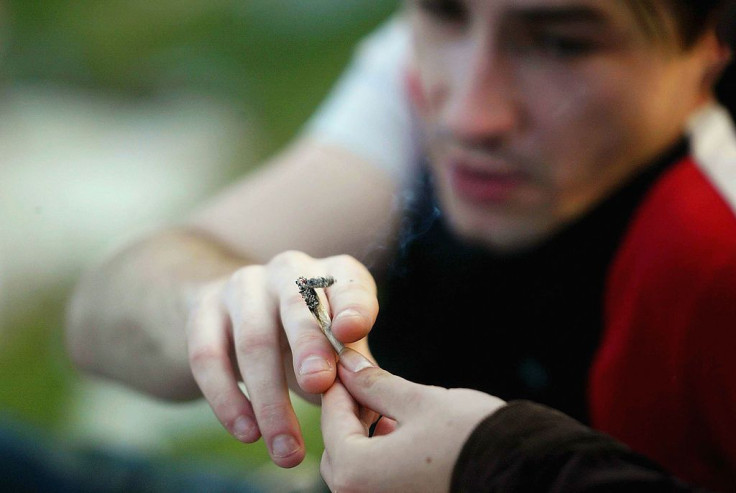Teen Marijuana And Alcohol Use May Hurt School Performance, Mental Health

Although people have been using marijuana since the ancient times, the jury is still out on its health effects. While many studies suggest marijuana use is safe and can even improve health, like alleviating symptoms of post-traumatic stress disorder, others have shown it can increase risk of substance use disorder and adversely affect our brain power. Now, new research published in the journal Addiction strengthens the argument of those opposed to lighting up, linking marijuana use to lower academic functioning, less preparedness for school, poorer mental health, and more delinquent behavior.
"Many youth tend to think that alcohol use has more consequences than marijuana use and therefore view marijuana use as safer than drinking," lead study author Elizabeth D'Amico, senior behavioral scientist at the nonprofit RAND Corporation, said in a statement. "However, youth need to better understand the harms of marijuana use, such as the potential effect on their developing brain and how it can affect performance in both adolescence and adulthood."
The study, conducted by RAND, followed more than 6,500 adolescents over a seven-year period, between 2008 and 2015. They were asked to complete seven surveys during this time, with the first survey being administered when they were in sixth or seventh grade. At the end of the study, researchers found that teens who used marijuana in conjunction with alcohol were more likely to struggle with school work and their mental health problems once they got to high school.
Interestingly, there was a racial and ethnic disparity among minority teens who smoke and drank. White adolescents were less affected by marijuana and alcohol use than non-white youth: Asian, black and Hispanic youth reported being less prepared academically than white youth, and Hispanic and multiethnic youth reported lower academic performance than white youth. White teens may appear to be least adversely affected by alcohol and marijuana use, but the study did find that they had a higher risk for alcohol and marijuana use during middle school and high schools.
"Disparities are occurring as early as high school and therefore it is crucial to address alcohol and marijuana use early on, especially for nonwhite youth," D'Amico said. "One approach may be to increase protective factors such as parental support or the adolescent's ability to resist temptations to use these substances."
This isn’t the first study to link marijuana to poor functioning and mental health problems. Past research has linked the substance to the development of psychosis and cognitive decline.; however, findings from a twin study have found that marijuana use doesn’t decrease intelligence.
Researchers of the current study noted that other preexisting factors that could have potentially contributed to either alcohol or marijuana use or the level of functioning during the study include racial discrimination, parental involvement or neighborhood quality.
Source: D’Amico E, Tucker J, Miles J, Ewing B, Shih R, Pederson E. Alcohol and Marijuana Use Trajectories in a Diverse Longitudinal Sample of Adolescents: Examining Use Patterns From Age 11 to 17 Years. Addiction . 2016.
Published by Medicaldaily.com



























